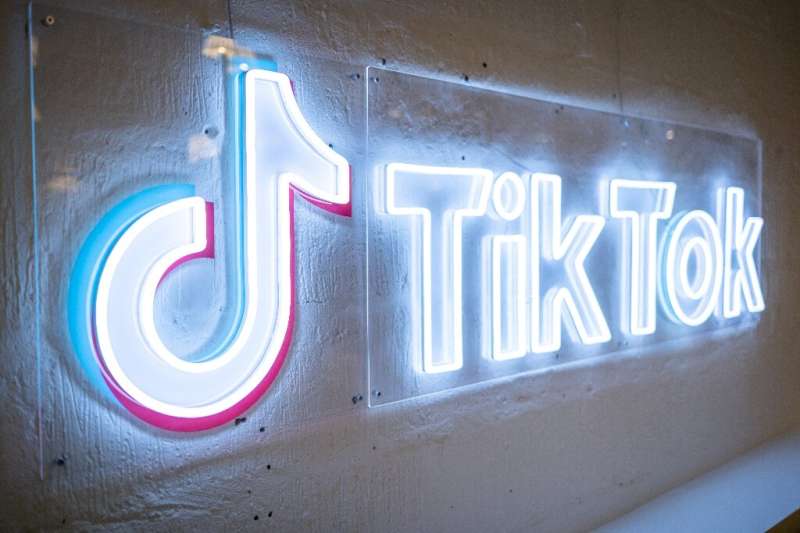Ford unveils new structure as it speeds electric car push

Ford announced the creation of separate businesses for the electric autos and internal combustion engine operations
John BIERS
Wed, March 2, 2022,
Ford announced Wednesday it is creating separate businesses for its conventional and electric-auto operations, as it accelerates its build-out of emission-free vehicles.
Under the plan, which sent Ford shares sharply higher, the conventional internal combustion operations will be known as "Ford Blue," while the electric vehicle (EV) products will be run through "Ford Model e."
The reorganization, while significant, keeps both operations under the same corporate roof and avoids a potential spin-off that had generated speculation on Wall Street.
"Our legacy organization has been holding us back," said Chief Executive Jim Farley. "We had to change."
Ford said the intention is to give the EV venture "the focus and speed of a start-up," while the conventional business will try to excel at the challenges of a mature business, "relentlessly attacking costs, simplifying operations and improving quality."
The two ventures will each have distinct executive leadership and report their own financial results. Both companies will continue to be headquartered in the midwestern state of Michigan.
The move is the latest announcement by a conventional automaker as the industry pivots hard to pursue EVs following the success of Elon Musk's Tesla.
- No IPO -
Farley, in remarks last month, had described operating the EV and internal combustion units as "fundamentally different" in terms of supply chain, product development, even business "rhythm."
Those comments generated speculation of a possible spin-off. But Ford opted against an initial public offering in part because the company already has enough access to capital and did not need extra funds from an IPO, Farley said.
"No we are not spinning off Model e," Farley said. "That's because the structures we set up actually make it stronger than a spin-off."
Executives said the EV company would benefit from access to industrial know-how, while the conventional business would prosper from newer technologies.
A third division, Ford Pro, will serve commercial customers.
Amid the shift to EVs, Mercedes has divested its truck division, while Volkswagen announced plans to list its Porsche business on stock markets to finance its electrification strategy.
Renault has said it will present in the fall a new structure, with its EV division in France, apart from its division overseeing internal combustion, which will be located in another country.
Ford's big US rival, General Motors, has also announced massive new investments in EV models, but has so far not unveiled a similar revamp of its corporate structure.
"This move represents the dual nature of every traditional automaker as they transition from internal combustion drivetrains to electric vehicles," said Karl Brauer, analyst at iSeeCars.com.
The company's vision is to garner the benefits of both units, but "knowing when to combine these divisions and when to keep them separate will be key," Brauer said. "And with separate profit and loss statements, we'll all be watching."
- Spending more -
Executives signaled more aggressive spending on EVs, projecting spending $50 billion between 2022 and 2026, compared with a prior plan to invest $30 billion between 2021 and 2025.
Ford also raised some of its operating and financial targets. The company now expects to produce two million EVs by 2026, about one third of global volumes, rising to half by 2030.
In February, Ford said EVs would account for at least 40 percent of its product mix by 2030.
Shares of Ford jumped 8.3 percent to $18.09 in afternoon trading.
jmb-jum/sw














